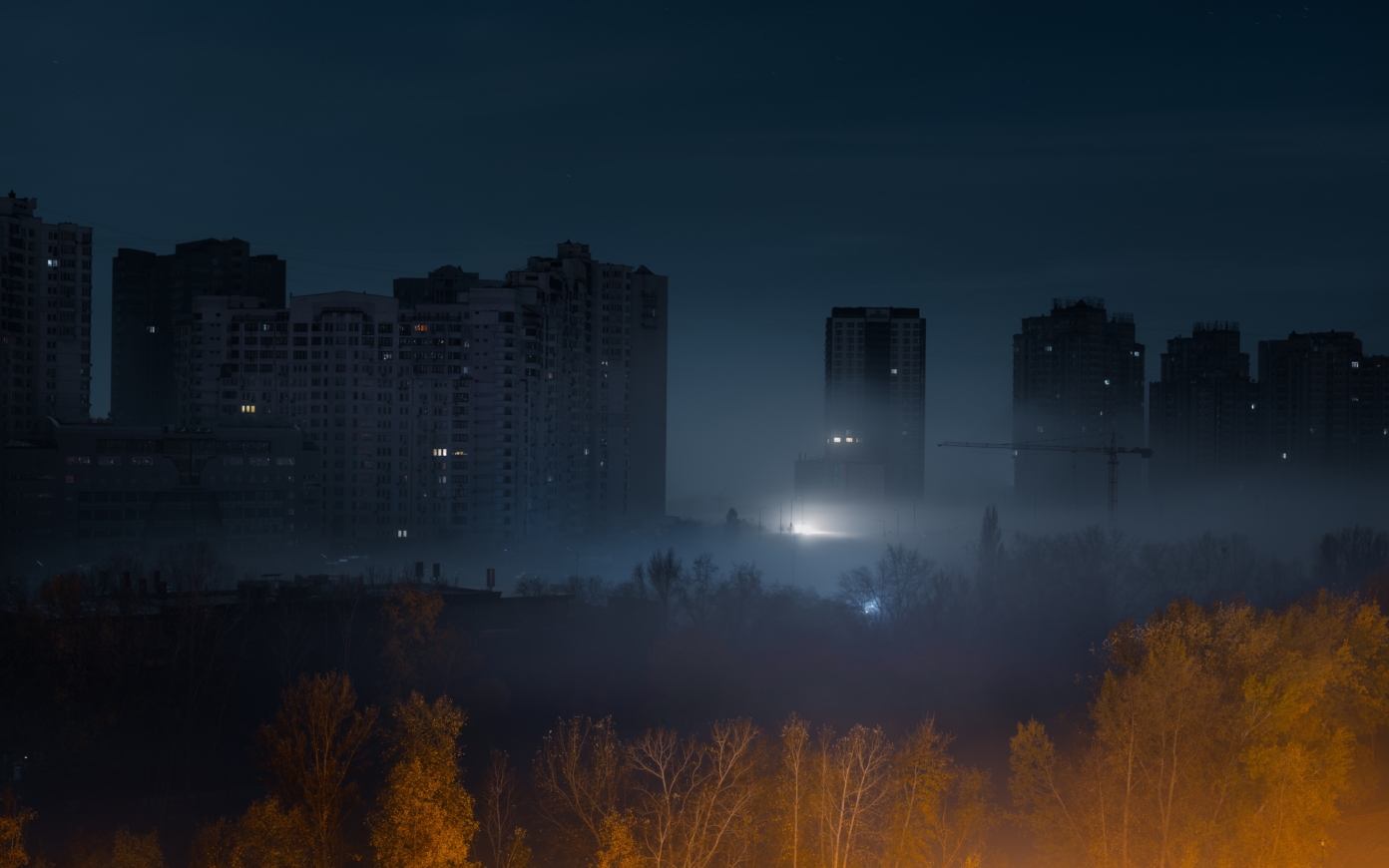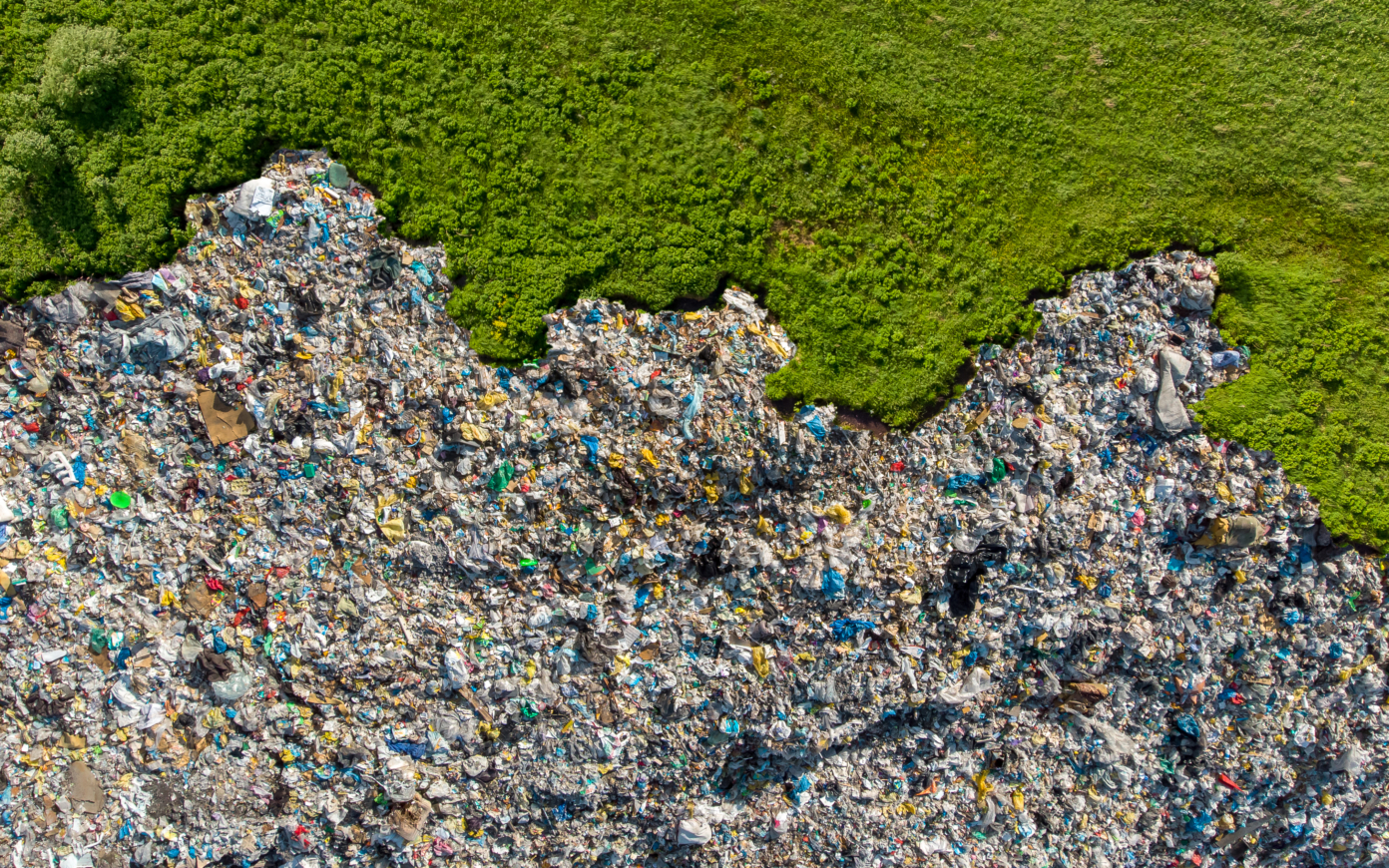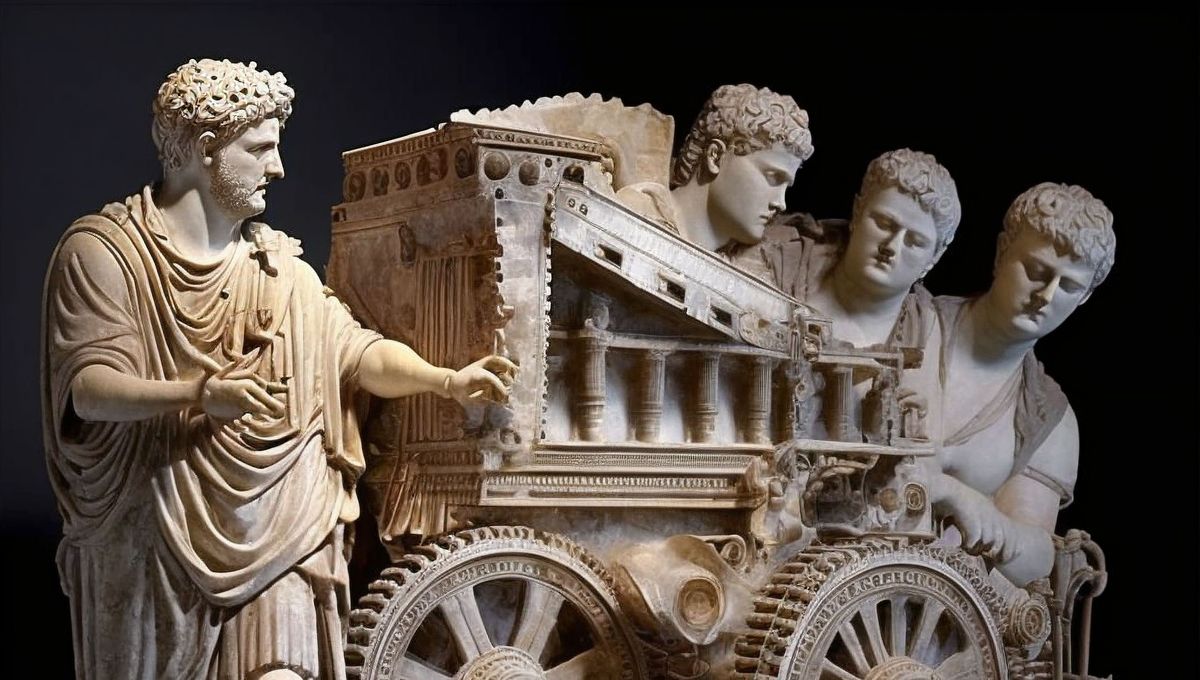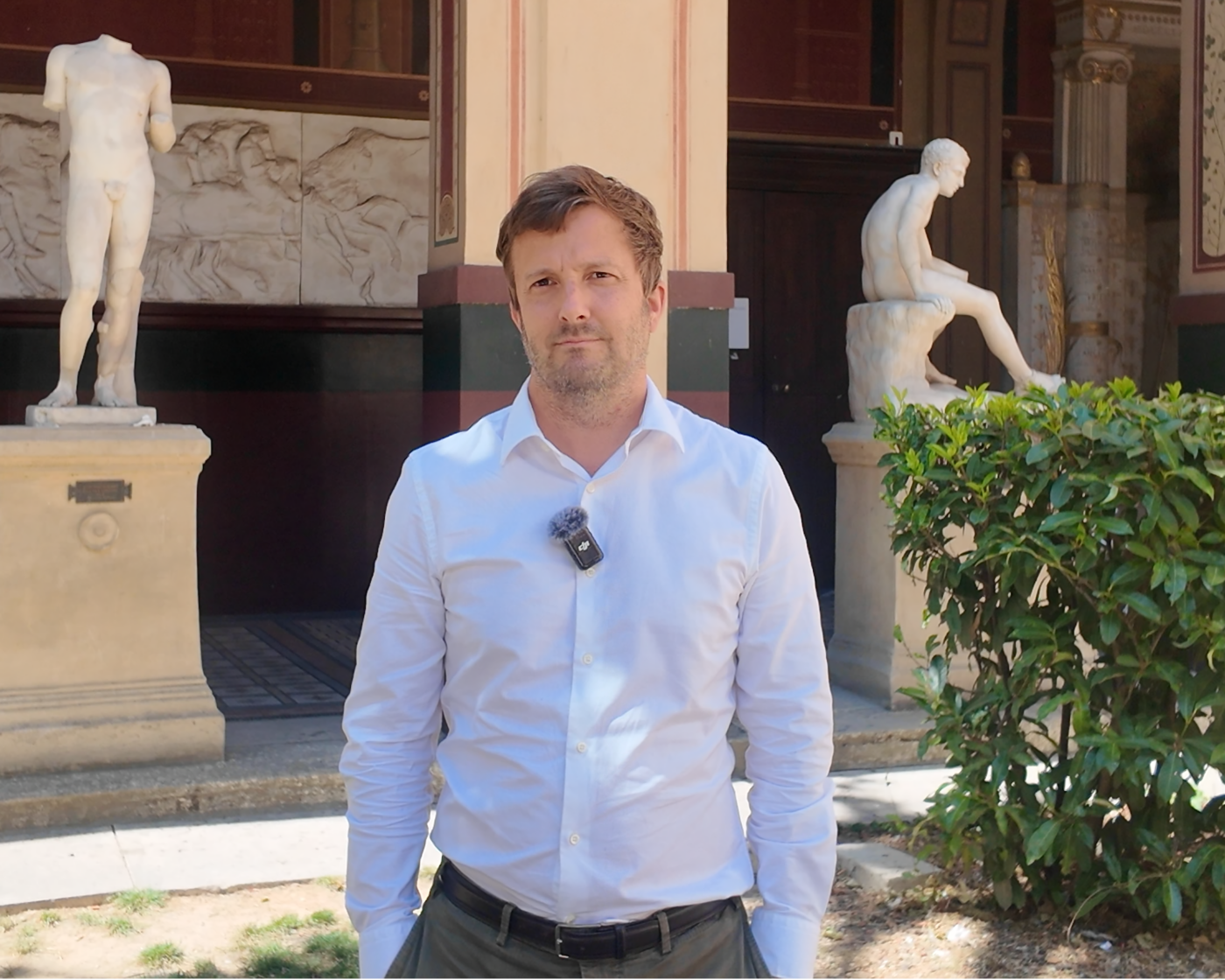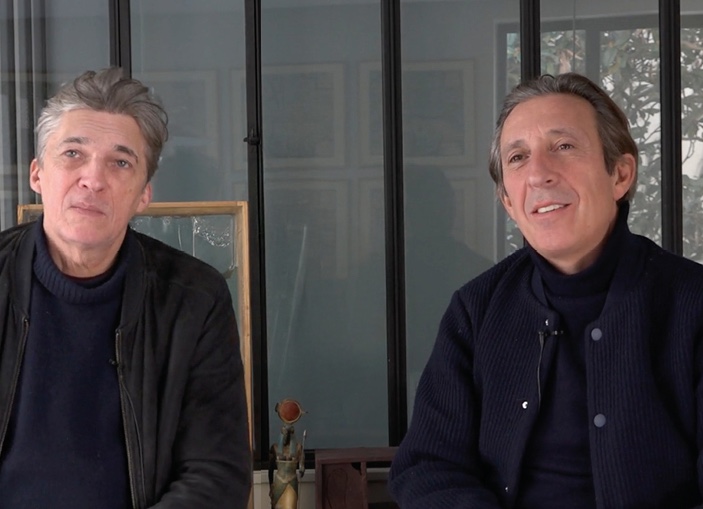There will be no “end of the office”

- Publish On 10 September 2017
- Julien Eymeri
- 4 minutes
For nearly twenty years, Julien Eymeri has been advising large companies, both in France and abroad, on their strategy, organization and management culture. In 2013, he co-founded Quartier Libre, an unprecedented structure for consulting, study and exploration.
We invited him to continue his reflection on the future of the office five years after his participation in STREAM 02 – After Office.

